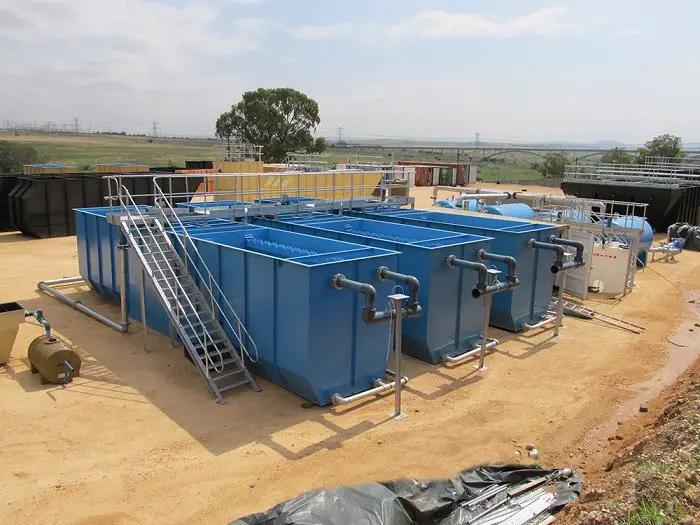Johannesburg‐based WEC Projects (Pty) Ltd has been awarded a contract to install a 120 kilolitres per hour water treatment plant in Zambia to turn raw river water into potable drinking water.
The engineering firm’s turnkey water treatment plants are proving extremely popular on a continent where villagers routinely drink untreated water straight from rivers. Graham Hartlett, the organisation’s Commercial Director points out that as a specialist contractor in the water and wastewater treatment industry, WEC is an expert supplier of these packaged treatment plants.
“We pride ourselves on the quality of experience that we deliver,” he says, adding that the Zambian project will be very similar in terms of the incorporated technology and the process design to another project the company recently implemented in Chongwe village. “While the Chongwe village plant was larger in size, the technologies utilised, including raw water extraction, chemical pre‐treatment, flocculation, clarification, filtration and disinfection, are virtually the same ones we will use in the new project.
As an expert in this field, we are well aware of just how important a project of this nature can be to the people it will ultimately service.” Hartlett explains that the packaged water treatment plants supplied by WEC are ideal for use in Africa, since they are containerised which means reduced build time on site. Because the treatment facilities are also modular, they can easily be adjusted, should conditions in the area change.
In other words, WEC can bring in additional modules as and when these may be required. Furthermore, he says, WEC does all the development for these facilities in‐house. This includes the design, fabrication and manufacture, as well as the installation.
The company places a critical focus, he adds, on effectively understanding the environment in which the plant will be operating, in order to implement a solution that suits that particular area. “Our solutions are specifically engineered for each client and the exact environment in which their plant will be operating.
At the same time, the basic design remains robust and heavy duty, and because it is modular, it is quick and easy to fabricate. This reduces our time on site and offers immediate access to the kind of water treatment facilities that are so vital in parts of the continent where potable water would otherwise be extremely scarce,” he concludes.

Leave a Reply